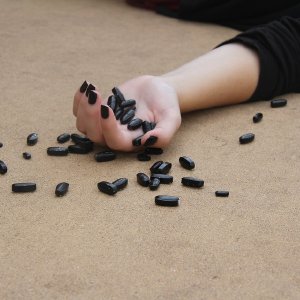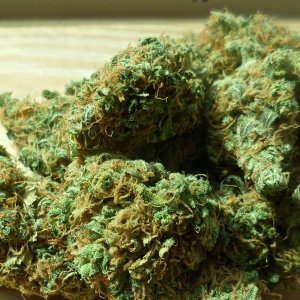The Cycle of Addiction

When
a family is looking at the terrible manifestations of addiction, it
is completely baffling. They can’t understand why their loved ones
are acting so cruelly. Wives don’t understand why their husbands
lose jobs, get secretive and won’t help the family any more.
Mothers can’t grasp why their bright, loving children with so much
potential are just gone. They beg the drug users to please stop,
please get clean. And then they don’t understand when they won’t
stop.
This
pattern of addiction is very similar from one individual to the next.
Occasional drug abuse gradually becomes constant, and then the
cravings overwhelm any other interests the person had. He (or she) is
driven to get more drugs. Nothing else is as important. Stealing from
friends and family seems reasonable. Helping someone else shoot up
heroin is acceptable. There seems to be no end to the dwindling
spiral headed straight down.
When
you understand the cycle of addiction, all these changes begin to
make more sense.
Guilt is Like a Lock
Each
time a person abuses a drug or alcohol, he creates a little bit of
harm even if it is only toward himself. If the abuse continues, he
will neglect some of his other responsibilities. Maybe he will get
home late or miss his children’s events. He may begin to miss deadlines
at work, which threatens his job.
Each
of these smaller incidents creates a little guilt. Gradually a person
is building up a toxic load of guilt. Each time he adds to the pile,
he makes it a little harder to leave drug abuse alone and go back to
being sober.
Certainly, people do look at their lives and decide to get things straight. It
happens every day. But more often, people who are abusing drugs make
the guilt go away by reaching for a joint, a pill, a drink or a bag
of drugs. Guilt is like a lock that chains a person to the drug or
drink.
Depression is Natural Result
When
a person commits harmful acts more and more frequently, he loses the
bright things in life that he enjoys. He may commit enough harm to
lose his wife. Or a young woman abusing drugs may lose a fiancé or
husband. A person may ruin a career after showing up drunk too many
times. A young person may derail his education with his drug abuse
and feel like he now has no future.
Becoming
depressed is understandable when the best dreams in your life have
been destroyed by your drug abuse. Compounding this reason for
depression is the loss of health an addicted person experiences. Not
only do very few addicts take care of their health, but the body is
becoming more and more toxic with drug and alcohol residues left in
the body, locked in the fatty tissues. The loss of health and energy
plus the residual toxicity of the body contribute to the depression.
Overcoming Cravings
The
final factor that traps an addicted person is the incessant cravings.
Even if a person makes a strong, definite decision to get clean, the
cravings and withdrawal sickness may overwhelm his decision. He needs
some relief from the cravings that help continue the cycle of
addiction.
The
Narconon drug rehab program is constructed to break these exact
factors that lock a person in his addiction. In most cases, a person
has been a heavy drug user or addict for several years before he
finally gets help. There has been a long period of accumulating
guilt, of living with the depression resulting from all that has been
lost, and of being driven relentlessly by one’s cravings. That is
why the Narconon drug recovery program is long-term. It takes time to
repair each of these factors and build the life skills that will
protect a person in the future.
There
must be relief from the guilt. A person must learn how personal
integrity is lost and how it can be recovered. Without this, a person
will live all his days with that burden.
A
person must again see the brightness of life and know he can achieve
goals of his own choice. This takes understanding how to work with
others, how to tackle problems and win and perhaps most importantly,
how to stay sober even if life gets stressful.
And
if a rehab program can also provide a reduction in the cravings,
giving a person back his control of his own actions, that is a big
step forward toward lasting sobriety.
These
are the wins and gains those on the Narconon program describe. They
talk about the weight being lifted from their shoulders at one point;
how a deep detoxification phase of the program reduces or even
eliminates physical cravings; and how their futures finally look
bright.
The
Narconon program is designed to break the cycle of addiction. That’s
why it works so well for so many people who graduate from this
program. Find out how it can help someone you love. Call Us today +45 7060 6003


